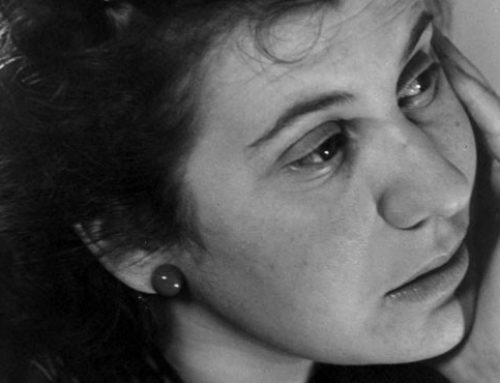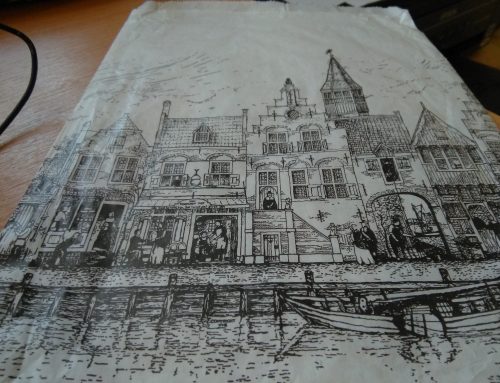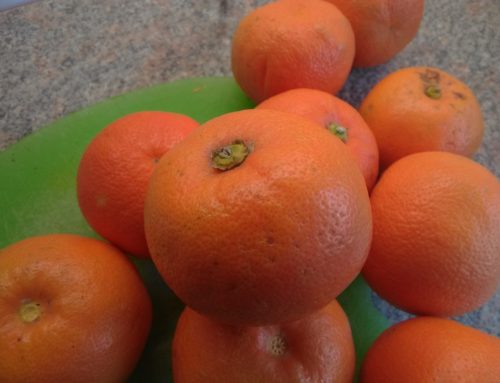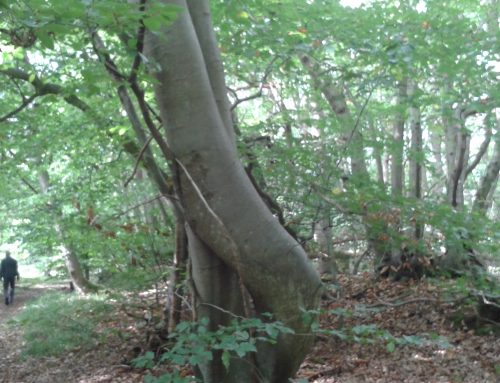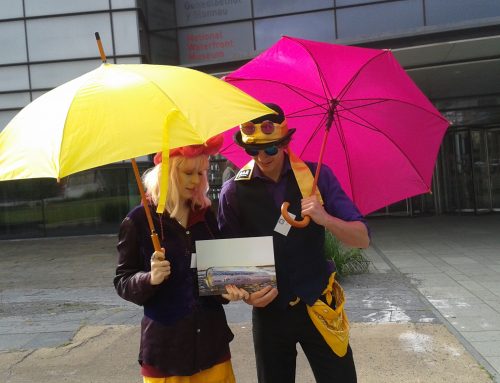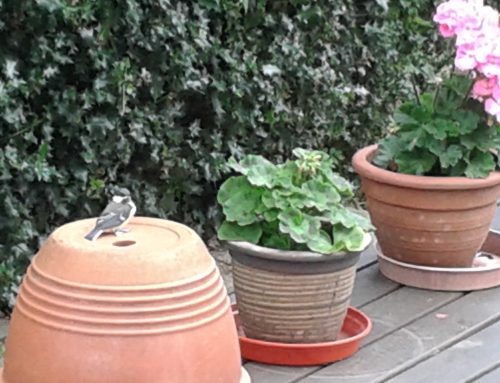I’ve just finished reading a haunting and beautiful book of what might be called meditations – on fatherhood, the natural world, specifically in Wales, and enthusiasms like cycling, painting and rock-climbing. These aren’t in any particular order as the book works cumulatively, visiting these subjects from different angles, much as the writer enjoys visiting and re-visiting certain places. Counting Steps by Mark Charlton is currently free to download onto Kindle, if you are quick. Parts of the book grew out of Mark’s blog and is so doubly an inspiration to write a blog post this evening.
Women are often conscious of being like matryoshka dolls – Russian for ‘little mother’ – each of us coming out of a mother, who came out of a mother and so on – and there’s literally a chain of being – that the eggs that made my nieces were already formed in my sister’s body when she was still inside our mother’s uterus. For men, it’s different, they’re less embedded. Paternity, until very recently, couldn’t be definitively proven and that’s perhaps one cultural cause of society’s compulsion to police women’s sexual behaviour. Even when it’s not in doubt, fathers and sons sometimes struggle to bridge the gaps between each other – just as for girls, the task is perhaps to widen the gap and become more differentiated.
Mark Charlton’s memoir explores the challenges, responsibilities and fears experienced by a loving, tender father as well as his own memories of a violent, brutal one. There’s a constant tension for him in maintaining the appropriate distance – concretised when one of the boys goes out of sight, cycling down a mountain in the Alps, or the ailing elderly man puts his hand on the open car window when they meet for the first time in twenty years. There’s a constant dance of proximity and distance with those we love. Come back! Go away! Come back!
There are lots of father-son poems. A very famous one, My Papa’s Waltz by Theodore Roethke can give rise to heated discussion as it literally waltzes between our perceptions of the experience described by the poem’s speaker. Is the boy enjoying the dance? Is he frightened? Is the father benign or cruel? What would we like to be different?
And here’s one that stays in metaphors. I heard Li-Young Lee read at a National Association for Poetry Therapy conference back in 2004. What has stayed with me is how quietly he spoke and yet how powerfully he held the audience. In this poem, Little Father, we don’t know any specifics about the father or the son and yet the metaphors tell us everything.



